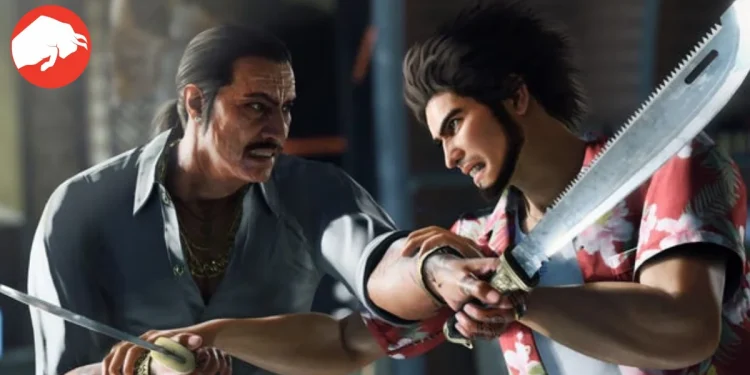“Like A Dragon: Infinite Wealth,” the latest entry in the Yakuza RPG series, is stirring up controversy with its unique approach to downloadable content (DLC). As the game’s release date nears, fans have been voicing their concerns over the decision to lock the New Game Plus mode behind more expensive editions.
New Game Plus: A Premium Feature?
Traditionally a standard feature in many RPGs, New Game Plus allows players to replay a game with their acquired skills and gear. However, in a departure from the norm, “Infinite Wealth’s official website reveals that New Game Plus – a feature that’s normally free of charge – is paywalled behind the more expensive Deluxe and Ultimate editions.” This decision marks a significant shift in the game’s accessibility and pricing structure.
The Price of Replayability
For those who wish to access New Game Plus in “Like A Dragon: Infinite Wealth,” the cost is notably higher than the standard edition. Priced at $70/£60 for the base game, the Deluxe edition, which includes New Game Plus, is $85/£75, while the Ultimate edition escalates to $110/£95. This pricing strategy is a stark contrast to the industry norm, where such features are typically included at no additional cost.

Fan Backlash and Industry Critique
The reaction to this DLC strategy has been predominantly negative. The Yakuza community has expressed its displeasure, with comments highlighting the frustration. One user on the Yakuza subreddit stated, “It’s not ‘bizarre’, it’s just greedy.” Another echoed this sentiment, criticizing the “cut-throat approach to DLC and locking a basic feature behind a paywall.” Even Yong Yea, the voice of one of the game’s protagonists, Kazuma Kiryu, weighed in, asserting that “No game should lock New Game Plus behind a paywall.”
A Look at the Wider Gaming Landscape
In contrast to “Like A Dragon: Infinite Wealth,” other games in the genre, such as “Elden Ring” and “Alan Wake 2,” offer New Game Plus as a standard feature. Additionally, titles like “Marvel’s Spider-Man 2” are introducing the feature as a free, post-launch update. This highlights the growing divide between consumer expectations and publisher strategies in the gaming industry.
RGG Studio and Sega’s Silence Amidst the Outcry
Developer RGG Studio and publisher Sega have yet to respond to the backlash. As the release date looms, it remains to be seen whether this strategy will impact the game’s sales and reputation. “The tactic won’t change if it makes the companies enough money come January 26,” encapsulates the commercial dilemma facing the game’s release.
In conclusion, “Like A Dragon: Infinite Wealth” finds itself at the center of a heated debate regarding DLC practices in the gaming industry. The decision to paywall a traditionally free feature reflects broader trends and challenges in game development and marketing. As the industry evolves, the balance between profitability and consumer goodwill continues to be a contentious topic, with “Like A Dragon: Infinite Wealth” serving as a current case study in this ongoing dialogue.









